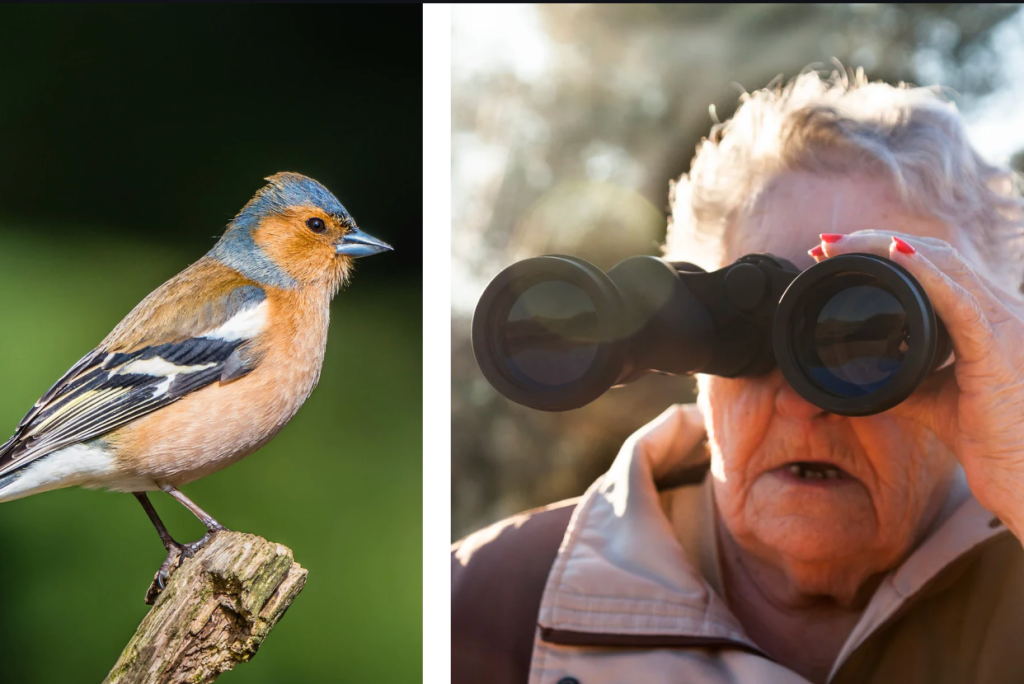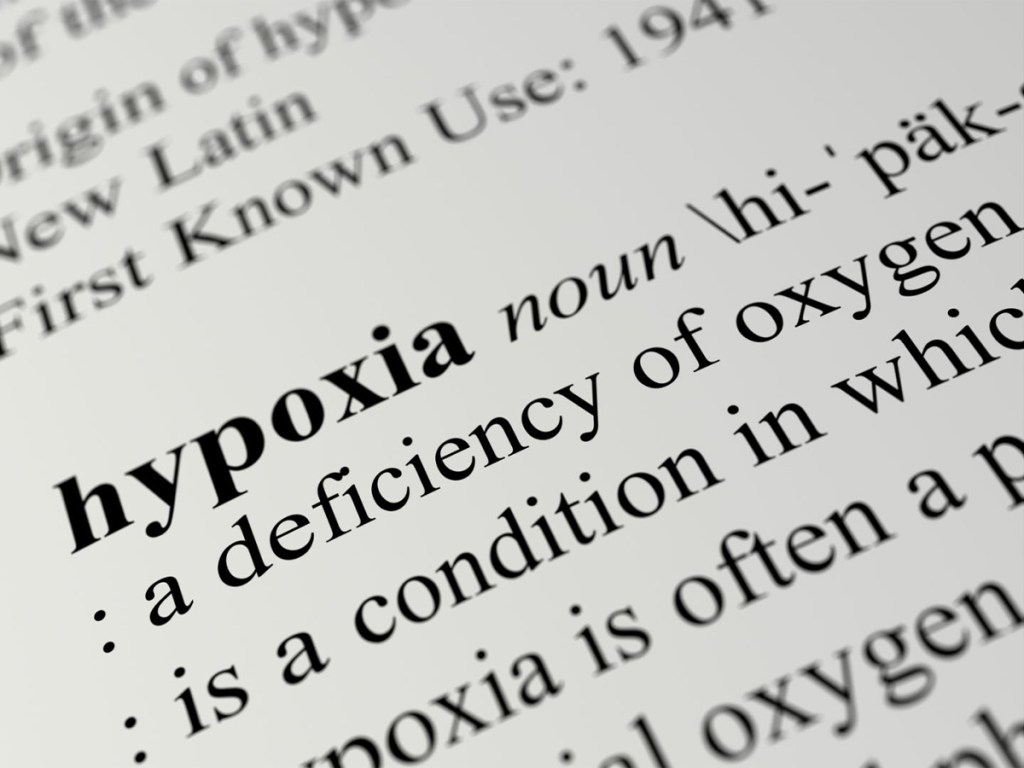Some of us may have a general idea of what “asexual” means, but there’s a lot of misinformation (and simple presumption) around the concept. Many believe, incorrectly, that all people who identify as asexual don’t think about sex, fantasize, or masturbate. And that’s not the case. Many asexuals do.
Of course, when dealing with a spectrum as complex as human sexuality, it’s tricky to address anything with broad strokes or generalizations. Ultimately, it’s a matter of personal preference, and putting a label on people doesn’t make them conform to it.
For a brief overview on what it means to be asexual, the article in this tweet serves as a useful primer:
For instance, a new study shows that asexuals engage in many behaviors that others do. Comparing the fantasies and masturbatory habits of asexuals vs. sexuals (that’s the term for non-asexuals), it’s clear that the behavior isn’t all that different. The study found that 75% of the men and 50% of the women surveyed engaged in fantasies and masturbation, but they don’t necessarily go about them the same ways sexuals do.
For one thing, they’re often not in the starring role of their fantasies. One asexual woman revealed in the study:
“I don’t put myself into my fantasies,” one asexual woman in the study explained to the researchers. “That is thoroughly unappealing to me. Instead, I imagine other people in sexual situations, and focus on their thoughts and feelings for a sort of vicarious arousal. I don’t want to do anything sexual with any of the people I imagine, and by themselves, they don’t turn me on.”
This is a fairly common practice among asexuals. The focus of the fantasies is placed on others enjoying their sexuality, rather than the person doing the fantasizing.
The study states that just because a person identifies as asexual doesn’t mean they’re immune or resistant to getting turned on – it’s generally the “sexual attraction” part of the equation that asexuals don’t engage in. The study states, “An asexual individual may not experience sexual attraction, but may nonetheless engage in sexual fantasy, perhaps to facilitate physiological sexual arousal and masturbation.”
This new information opens the eyes of researchers in future studies as well, once again proving, as we know through both personal and academic trials, sexuality is rarely a simple and straightforward subject.














